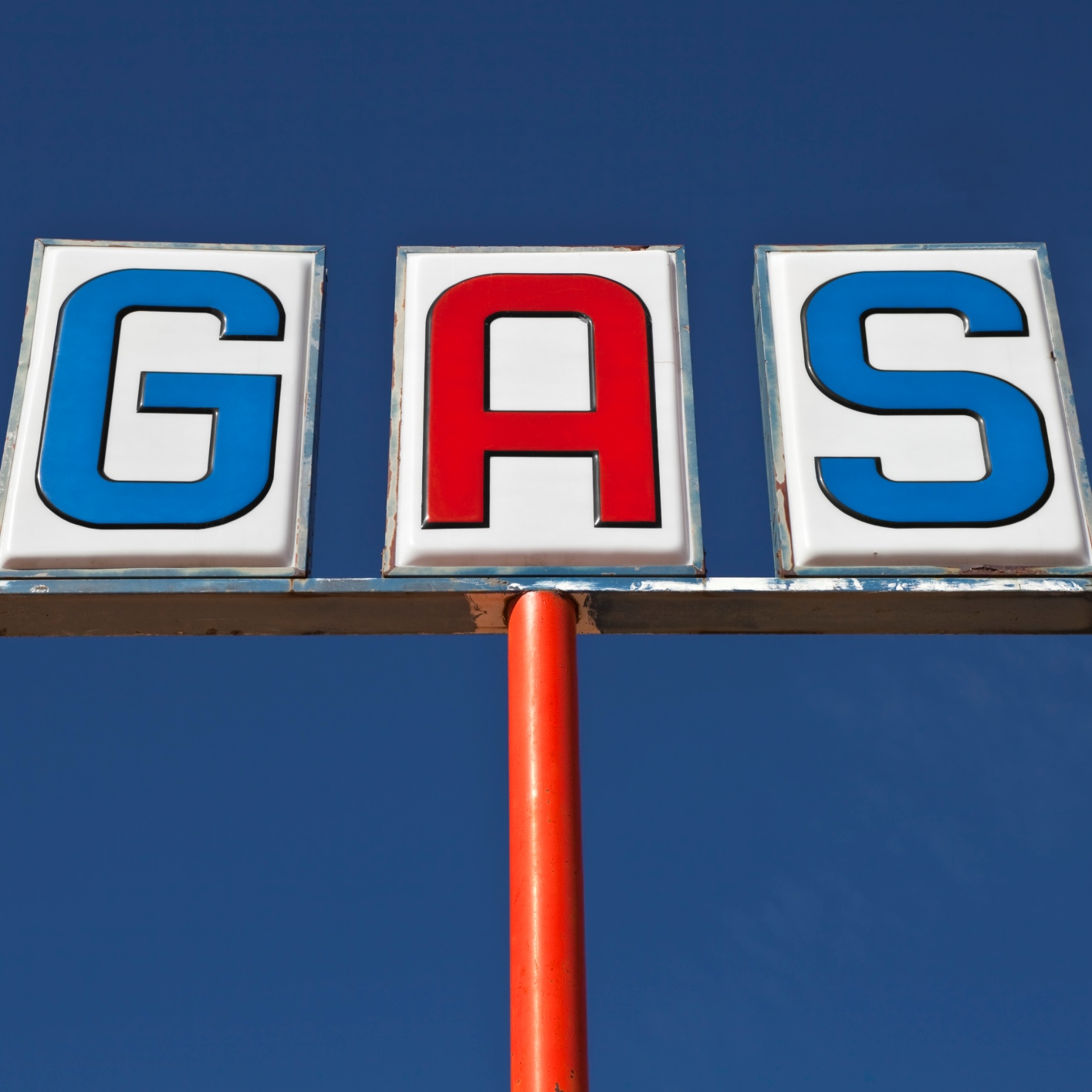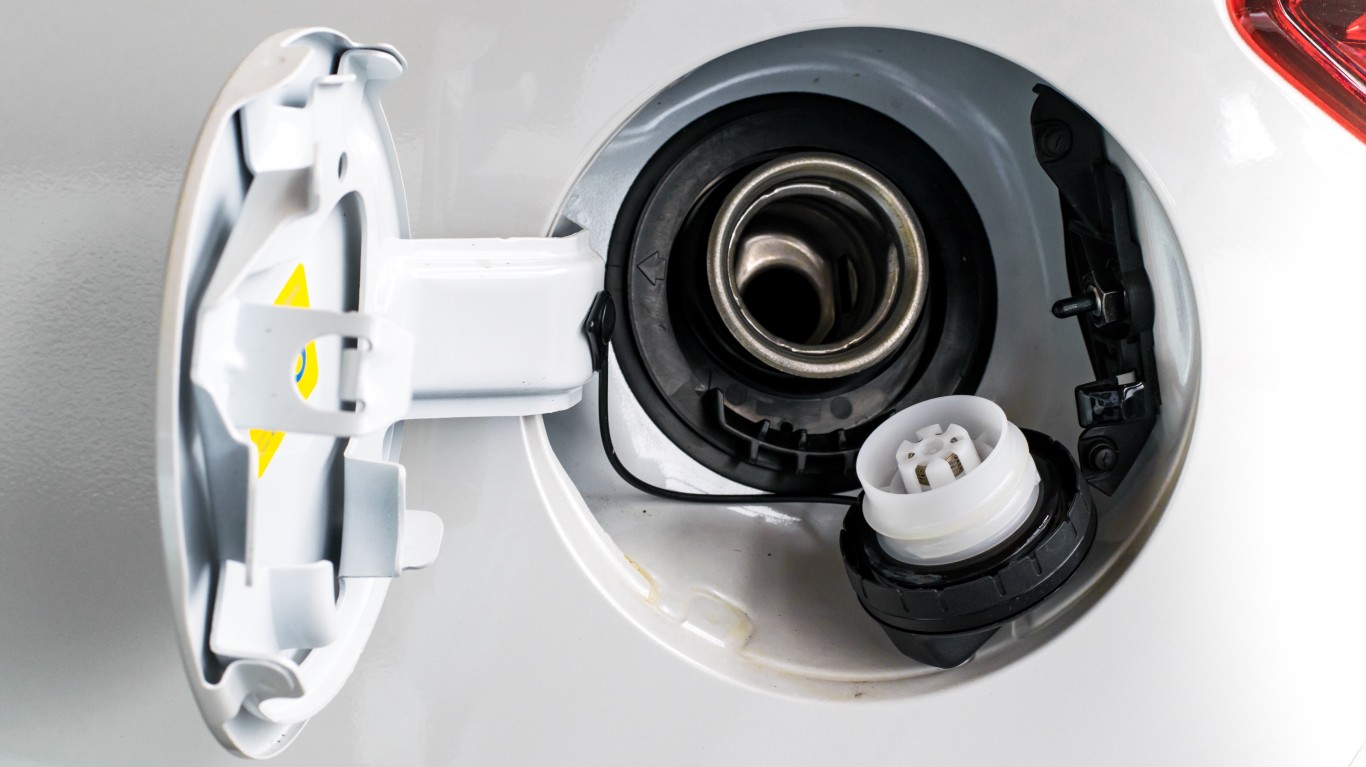
The price of gasoline has surged across the United States in the wake of Hurricane Harvey. Average gasoline prices in all 50 states spiked in the past week, with the national average jumping 25 cents a gallon to $2.64. It was the biggest weekly increase since 2005, when Hurricane Katrina caused prices to soar 49 cents in a week, according to information from online fuel-source provider GasBuddy.
“It’s been one of the most challenging weeks faced in years,” said Patrick DeHaan, senior petroleum analyst for GasBuddy. “Until Texas can recover from Harvey, gasoline prices will likely continue to remain elevated.”
Rainfall from Harvey flooded oil refineries and wind and waves closed ports, causing disruptions to oil refineries, with more than a dozen shutting down. Harvey shuttered over a quarter of the country’s refining capacity. The interruption to gasoline production resulted in a leap in gas prices, with the biggest increases generally east of the Rockies.
Eighteen states saw average gas prices rise by more than 30 cents per gallon compared with a week ago. These 10 states saw the largest weekly rise: Delaware (42 cents), New Jersey (39 cents), Georgia (38 cents), Maryland (38 cents), New Hampshire (38 cents), Tennessee (37 cents), Connecticut (37 cents), Massachusetts (37 cents), South Carolina (36 cents) and North Carolina (36 cents).
The states with the smallest gains were: Hawaii (0.2 cents), Utah (3 cents), Idaho (5 cents), Oregon (6 cents), Alaska (6 cents), Washington (7 cents), Nevada (7 cents), Michigan (8 cents), Arizona (9 cents), Montana (9 cents) and Indiana (10 cents).
States with the lowest average gasoline prices per gallon are: South Carolina ($2.37), Louisiana ($2.38), Arkansas ($2.40), Missouri ($2.41), Mississippi ($2.45), Arizona ($2.45), Kansas ($2.46), Alabama ($2.50), South Dakota ($2.50) and Minnesota ($2.50).
DeHaan said the biggest increases in the price of gasoline are behind us. While prices may edge higher in some states for several more days, the national average is likely to peak later this week. “The situation is beginning to look up, with many refineries either back online or in the process, and gasoline production is ramping back up,” he said.
Concern now is turning to Hurricane Irma, a Category 5 hurricane moving west and threatening to slam into northeastern Caribbean islands and Puerto Rico by Wednesday before possibly hitting the U.S. mainland. Irma was about 270 miles east of Antigua and Barbuda Tuesday morning, heading west with maximum sustained winds of 175 miles per hour.
The most recent Category 5 hurricane in the western hemisphere was Matthew last October.
“With Hurricane Irma’s track hard to nail down, there may be varying impacts as a result,” said DeHaan. “Gas prices are unlikely to see a similar increase with Irma if the storm does not target the sensitive heart of the Gulf, where much of the South’s oil infrastructure stands.”
Get Ready To Retire (Sponsored)
Start by taking a quick retirement quiz from SmartAsset that will match you with up to 3 financial advisors that serve your area and beyond in 5 minutes, or less.
Each advisor has been vetted by SmartAsset and is held to a fiduciary standard to act in your best interests.
Here’s how it works:
1. Answer SmartAsset advisor match quiz
2. Review your pre-screened matches at your leisure. Check out the advisors’ profiles.
3. Speak with advisors at no cost to you. Have an introductory call on the phone or introduction in person and choose whom to work with in the future
Get started right here.
Thank you for reading! Have some feedback for us?
Contact the 24/7 Wall St. editorial team.


